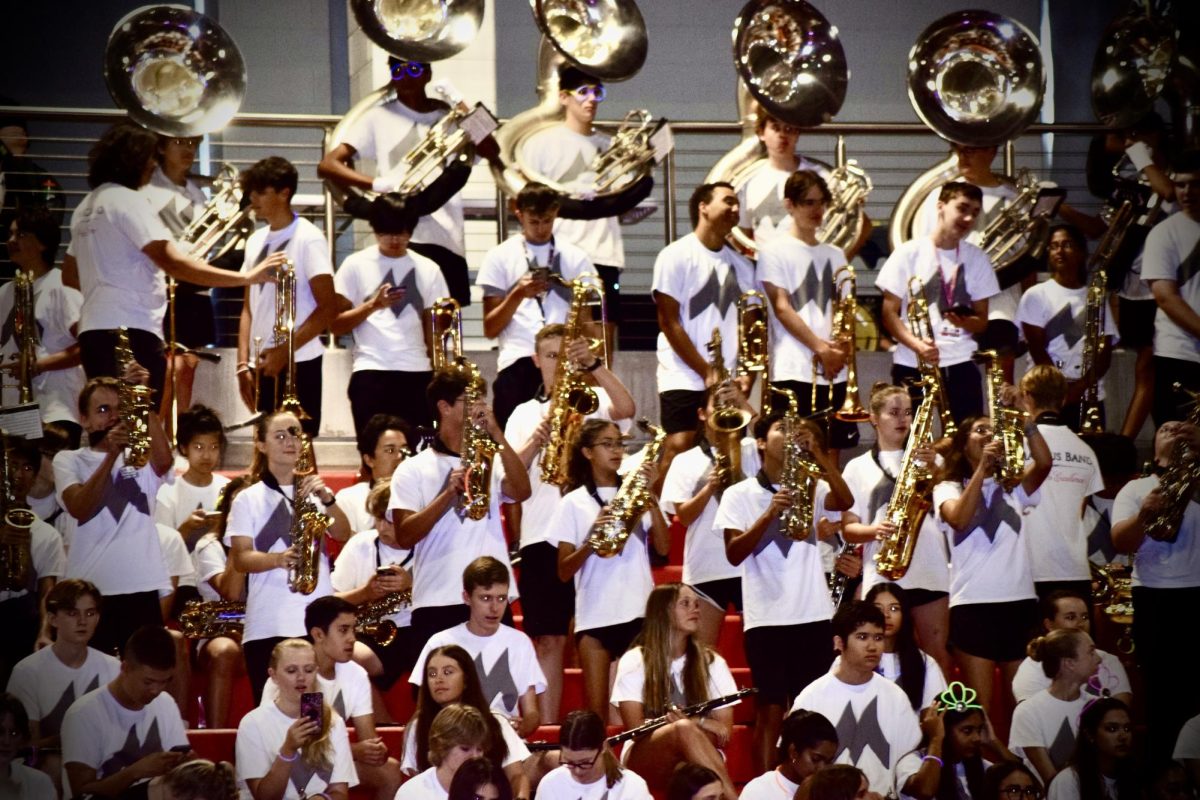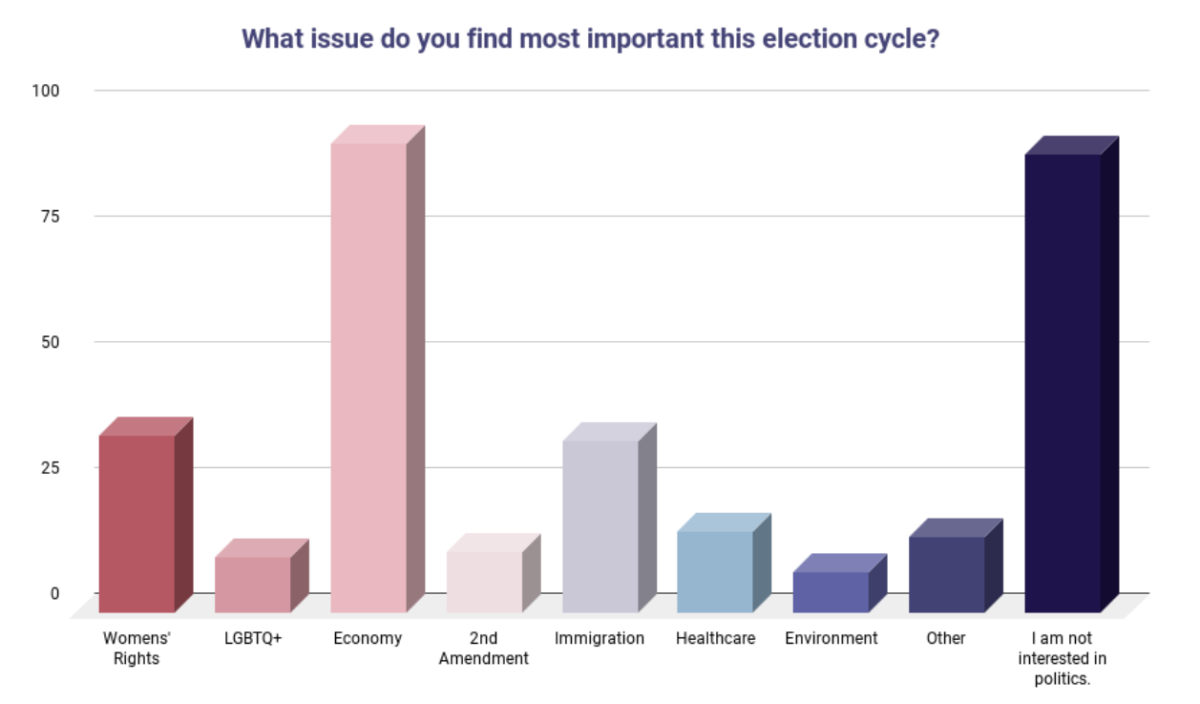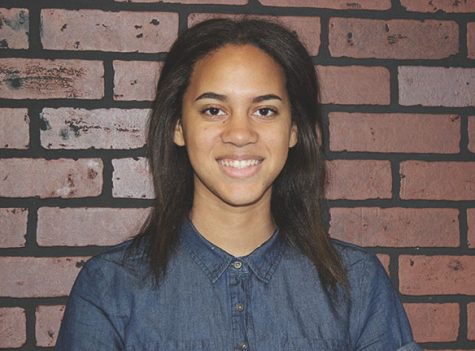I open my Twitter feed for the 36th time that day. As I browse through the past seven hours of posts, I find nothing out of the ordinary–a few birthday wishes, the latest sports updates and another news report that an unarmed black man has been gunned down by police–nothing too unusual. I have reached the point where I am no longer caught off guard when I hear news like this.
I have become numb to this never-ending cycle of prejudice against African-Americans. It recently occurred to me that if I no longer feel outraged about the innocent black lives who have been lost due to discrimination in this country, than I am a part of the problem.
Then I scroll past a picture of Colin Kaepernick kneeling during the national anthem. At first I was unsure of what to think. While many famous athletes have protested in the past, Kaepernick’s is one of the biggest to occur in my lifetime. I didn’t know whether to praise him or detest him.
People have criticized his recent actions for many reasons. One of those is because he is a biracial man fighting on the side of African-Americans. Growing up with a white mother and a black father myself, I’ve learned how important it is to put myself in other people’s shoes before I jump to conclusions.
Sometimes I imagine what it would be like to have family from both my moms and dads side together in public. Would people view my father’s family differently and with more suspicion because of their skin color? Unfortunately society has decided that African-Americans are more susceptible to be found guilty of criminal activity which means we should view them as dangerous and take precautionary measures when they’re around.
Though I have never been racially profiled or prejudicially incarcerated, I still worry for my family members who may face this harsh reality in their towns. I worry for my aunts and uncles, my cousins and my father who could easily become a statistic overlooked by so many people — people who don’t find this subject relevant. A statistic that came to be all because someone assumed they were up to no good while playing at a park, wearing a hoodie or even using public transportation.
It’s easy for people to view actions and quickly assume that he is insensitive. That his thoughtless method of objection is both taking place at the wrong time and ineffective. The truth is that it never seems like the right time for protest, especially during the national anthem. But when people start to allow the love for a patriotic song to overrule the love for other humans, protest becomes a necessity.
“I agree with his message but not with his actions” has become a popular phrase thrown into the discussion by those who fear tension. His protests have stirred discomfort with those who are committed to order rather than justice and have realized that their authority has now been challenged.
Maybe people are more concerned about the disrespect towards their country’s anthem and less conflicted with mistreatment of their fellow Americans. The fact that this Kaepernick saga has not yet ceased with the media signifies that people are paying attention.
Living in Flower Mound, I don’t have to worry about police altercations or rioting of any sort because here racism hardly exists.
While this seems like a good problem for a community to have, the downside is that many students who have been raised in this community are unaware of the oppression and subjection against black people. The lack of exposure to this real and prevalent problem results in the “quick-to-judge-and-condemn” mindset of many white Americans.
Many people just see the controversy in Kaepernick’s actions. I see an American exercising his constitutional right to peacefully protest. He simply kneels because he will not stand for a country that oppresses the black community. Some wonder why he chose to kneel during the Star Spangled Banner.
This method of protest will not go unnoticed and so far, the conversation has not yet ceased but continued to spread.
The singing of the national anthem offers players and attendees the opportunity to honor their country for the blessings and liberties we are granted as citizens. Likewise, if a person feels as though their liberties have been corrupted, shouldn’t they be able to refrain from participating? It’s not like he is using this time to continue warming-up, talk with other players or distract people from honoring their country.
Change can start with a simple action; whether it’s refusing to move seats on a bus like Rosa Parks or refusing to stand on the field like Colin Kaepernick. No matter if you’re an ordinary citizen or a professional athlete, small actions can bring well-needed attention to injustices happening across the country.
Athletes are expected to “shut up and play” and leave their political and societal beliefs at home.
It seems that in today’s world, if you choose to go against the norm, then your opinion doesn’t matter. Like Martin Luther King Jr. said, if you are “more devoted to ‘order’ than to justice” then you are a part of the problem.









